Estimated reading time 5 minutes, 11 seconds.
For Teara Fraser, launching Iskwew Air Inc. has been a tale of patience and perseverance.
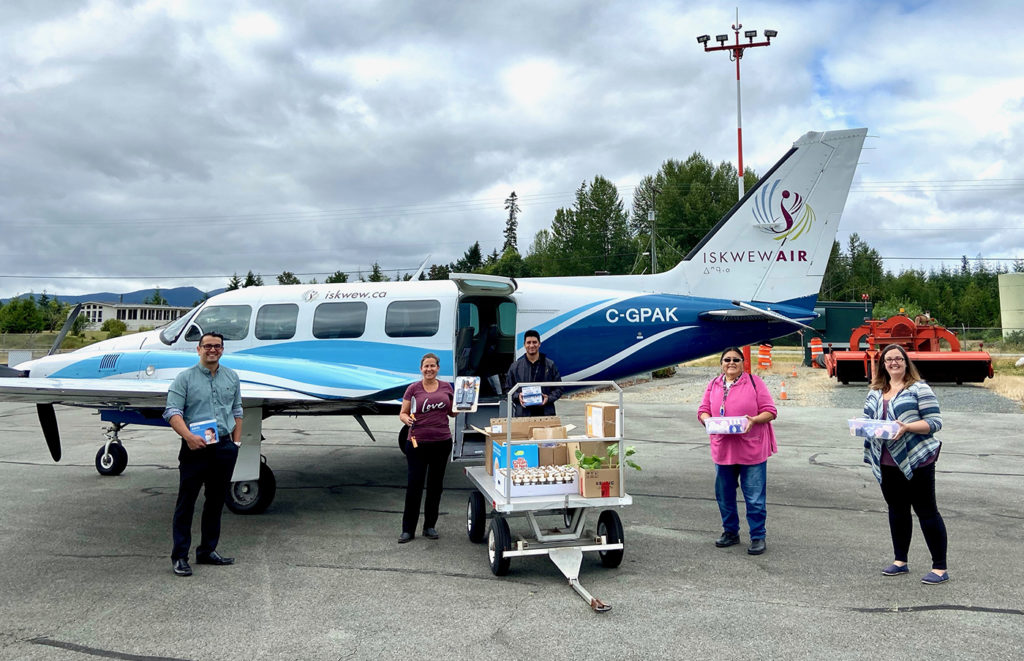
Fraser, a pilot who is Iskwew’s chief executive officer, attended a ceremony in March 2019, at Vancouver International Airport, to publicly detail her plans to become the first Indigenous woman in Canada to start her own airline. It would take almost another seven months before the Canadian Transportation Agency approved Iskwew’s application to operate a single aircraft for domestic use.
Last October, the new airline’s twin-engine Piper PA-31 Navajo Chieftain finally departed from Vancouver International Airport’s south terminal, with chief pilot Kevin Varey and assistant chief pilot Jorge Cardenas in the flight deck.
Iskwew (pronounced ISS-KWAY-YO) is the Cree word for woman. Fraser, a Metis woman whose ancestral language is Cree, has a nickname for the eight-passenger-seat aircraft, calling it the Sweetgrass Warrior.
“Iskwew had a very humble start,” she told Skies from her office at the airport.
Fraser originally had plans to tap into what was supposed to be a busy tourist season for B.C. charters in the spring and summer of 2020. But the COVID-19 crisis hit the worldwide aviation sector hard, and Iskwew has been no exception to feeling the pain from weakened passenger demand.
Iskwew has managed to keep operating, though at a sharply reduced level, pivoting away from partnerships with B.C. tourism operators, notably those promoting provincial Indigenous communities.
The company’s focus has switched to carrying cargo into those communities instead, with help from crowdfunding campaigns and in collaboration with the not-for-profit Indigenous LIFT Collective.
Fraser is philosophical about the challenges ahead.
“The future is so unknown,” she said. “We’re committed to continue operating, we’ll continue to be innovative and we’ll look at what the opportunities are for us to serve as we move ahead.”
Guiding the collective are Fraser and two of her Iskwew employees: her daughter Kiana Alexander and another staffer, Nicole Taylor-Sterritt.
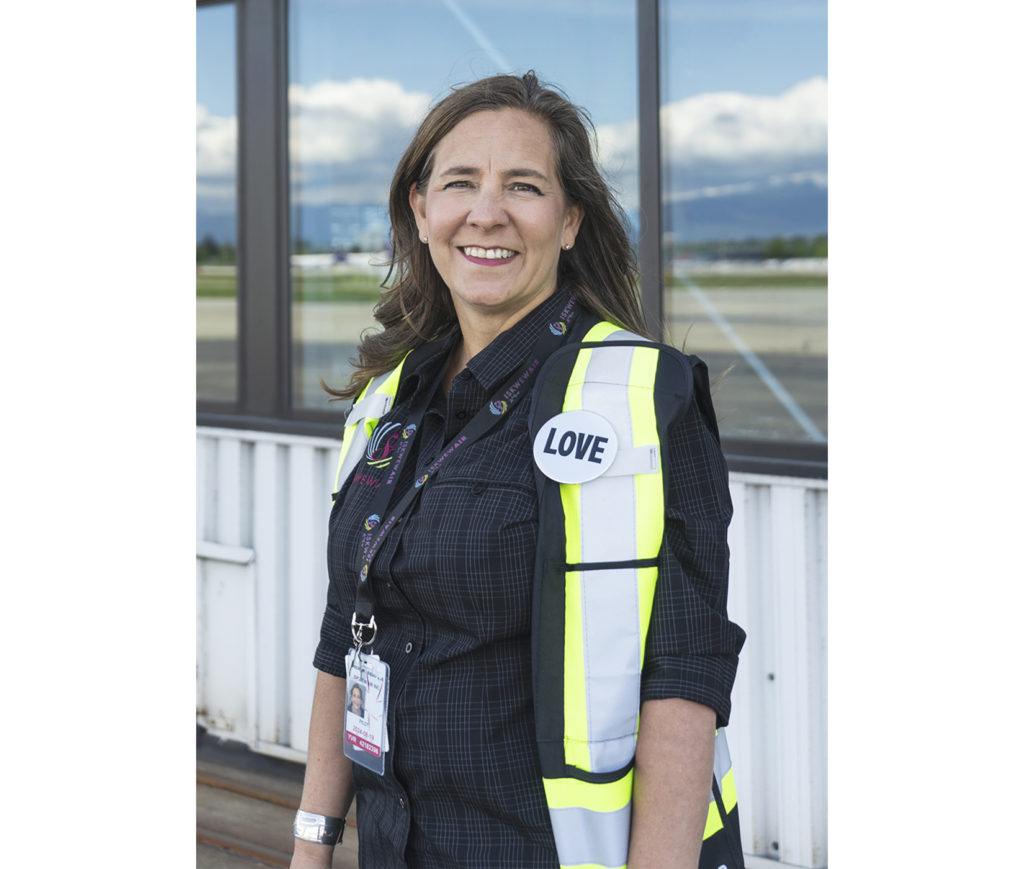
Charting a different course is something that Fraser recently encountered in her family life, too.
Alexander had planned on a big wedding at a castle in August. Instead, amid the pandemic, the couple opted for an intimate wedding in June in Fraser’s backyard.
“The wedding was beautiful and it was magical,” said Fraser. “It’s been a very intense time.”
Fraser was born in Hay River in the Northwest Territories and grew up in Quesnel, in the B.C. interior.
Her path to launching Iskwew has its roots dating back nearly two decades. She has been a commercial pilot for more than 17 years, inspired to obtain her licence after she had what she describes as a transformational moment as a passenger aboard a small plane in Africa.
She went on to found Kisik Aerial Survey Inc. in 2010, before selling it in 2016. Since 2018, she has served as a director for the British Columbia Aviation Council.
“Getting my wings gave me wings for everything else in my life,” said Fraser. “Once you accomplish something and you make it possible, then you look at what is the next thing that’s possible.”
While her best-laid plans for the first full year of operations have been vastly disrupted, she doesn’t want to dwell on lost opportunities. “There’s probably nothing [that is] going to test my level of perseverance more than an airline start-up during a pandemic,” said Fraser. “Here’s the thing: I’m determined to persevere and I’m determined to succeed.”
She takes pleasure in directly pitching in whenever she is able, including on a flight to help deliver supplies to Alert Bay on Cormorant Island on the West Coast. The supplies included hand sanitizer, cleaning products and soap for the Namgis First Nation, which suffered a COVID-19 outbreak and has been bouncing back from the pandemic.
A separate flight delivered a wide range of supplies such as masks, bath bombs and flashlights for the Tseshaht First Nation near Port Alberni on Vancouver Island.
“It’s a time, in many ways, of people coming together and looking at what do Indigenous communities need,” said Fraser. “As some of the airlines ceased passenger operations to some communities, some communities were left worried about how they were going to get supplies.”



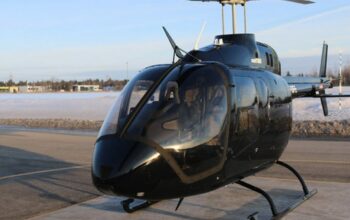
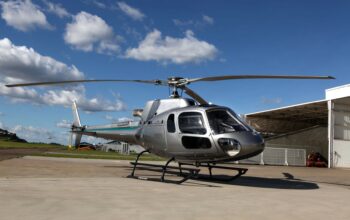
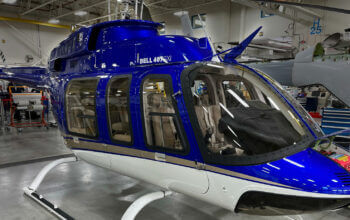
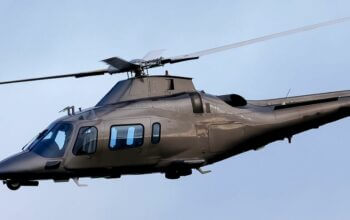
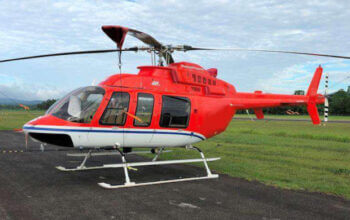

Hello Teara Fraser,
I have sold commercial jets and flown in Africa. What possible occurrence took place on a flight that started your trek into aviation.
Verify if you can use 1 or 2 Jetstream 32s . You have the ingredients for a fantastic air service . The owner of the the J-32s is providing excellent delivery conditions , as well as an airline inventory of spares . I am dealing with A-340s and MD 88s at this time .
If you can see operating J-32s , I would refresh my memory and contact the principal . Your operation is a jewel and the service you give is valuable .
Andreas
Congratulations on starting your own airline.
I recognized the Cree name right away but was very nice to see an aboriginal woman being successful in such a demanding industry.
Ekosi – take care.
Keep up the good work.